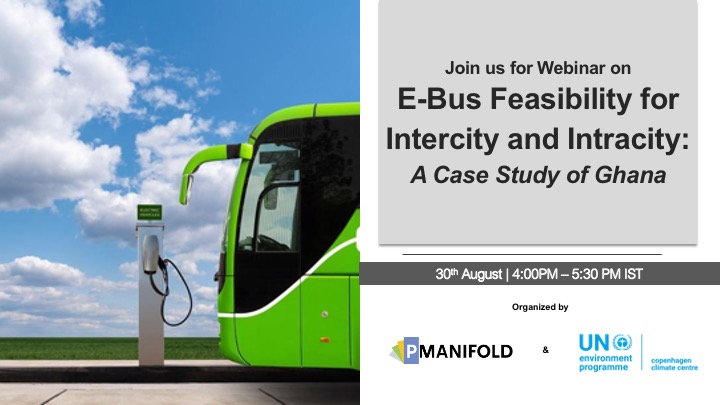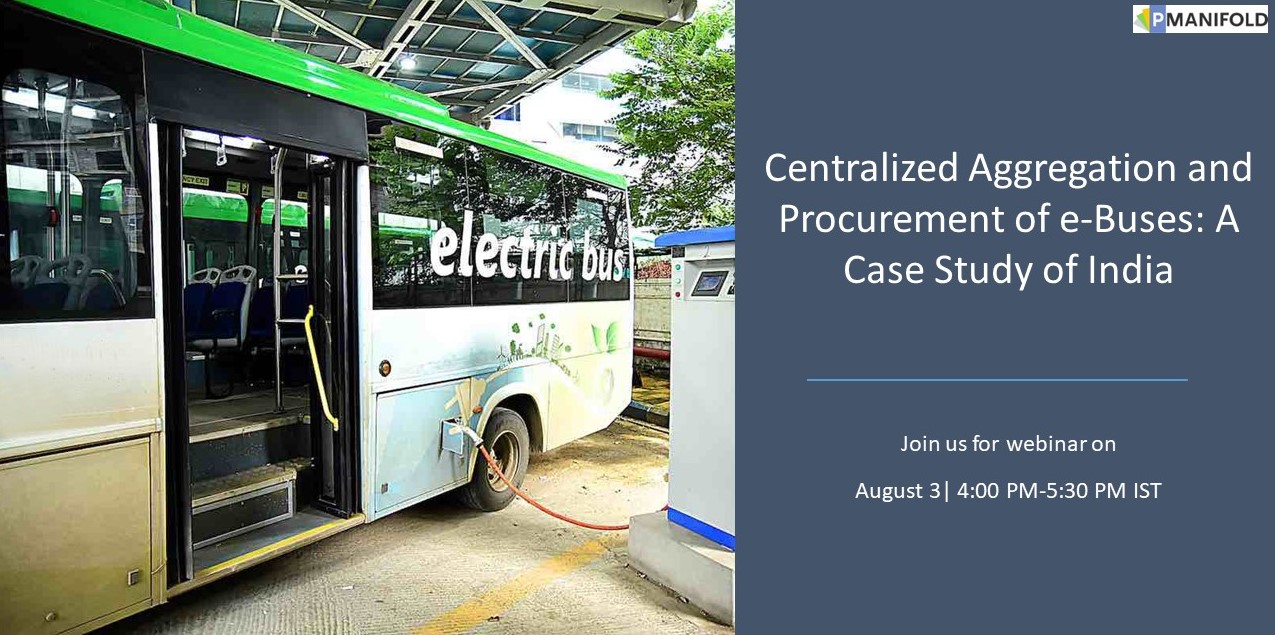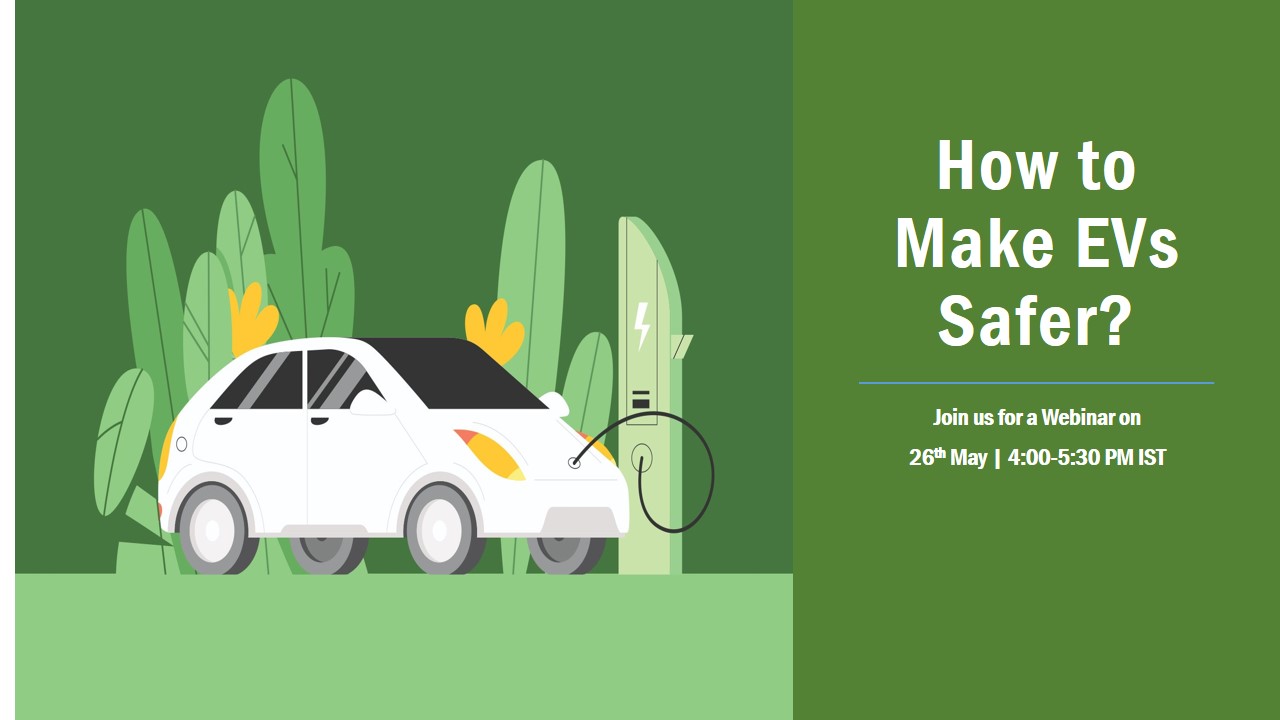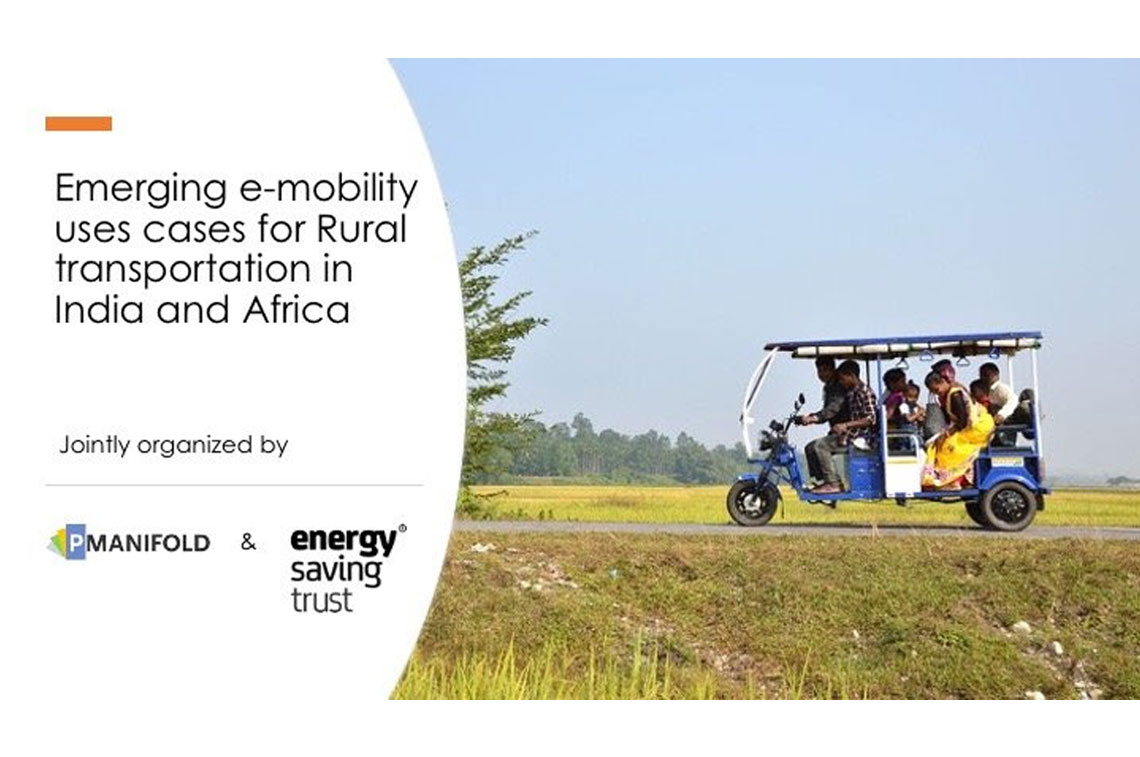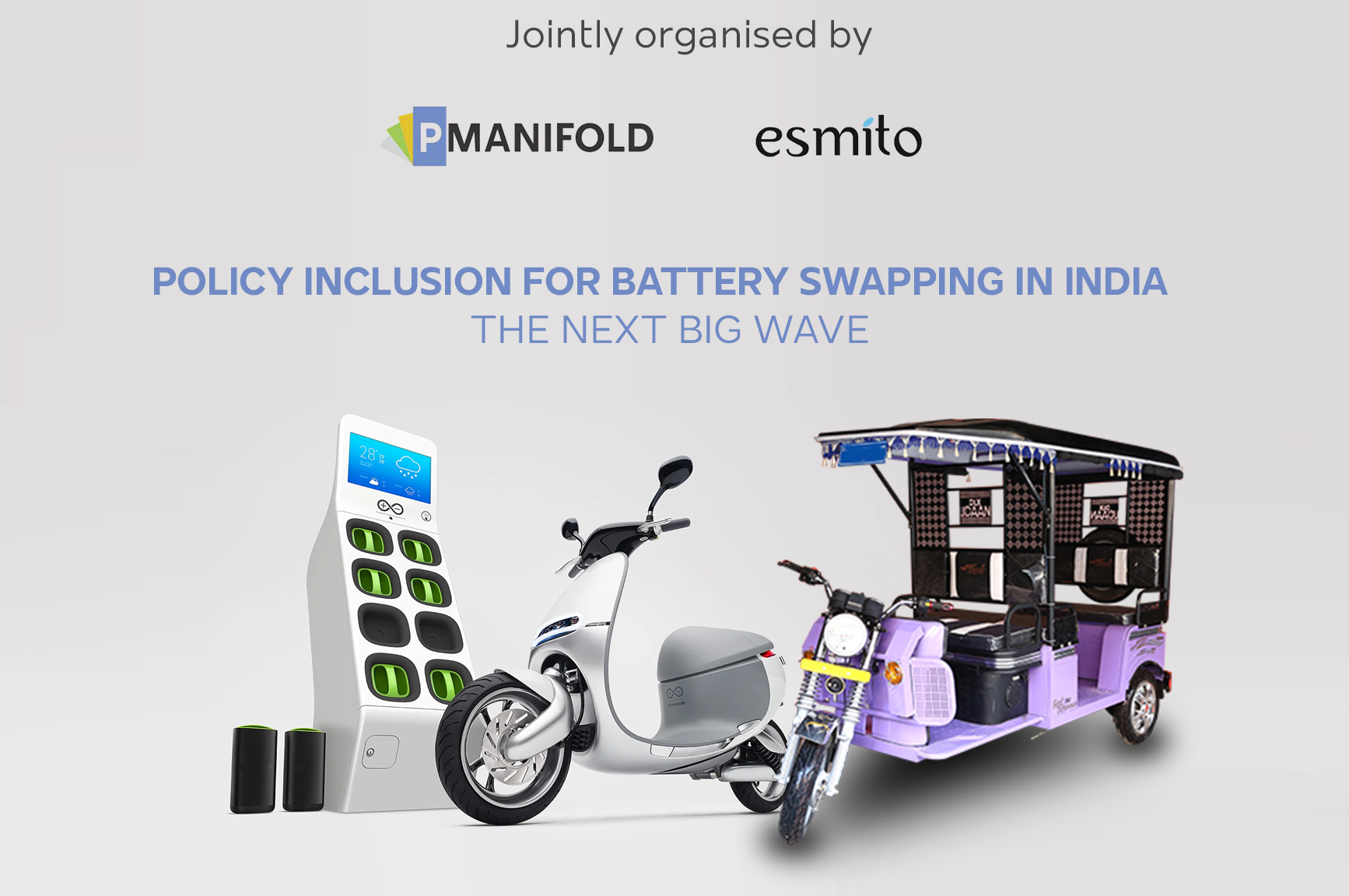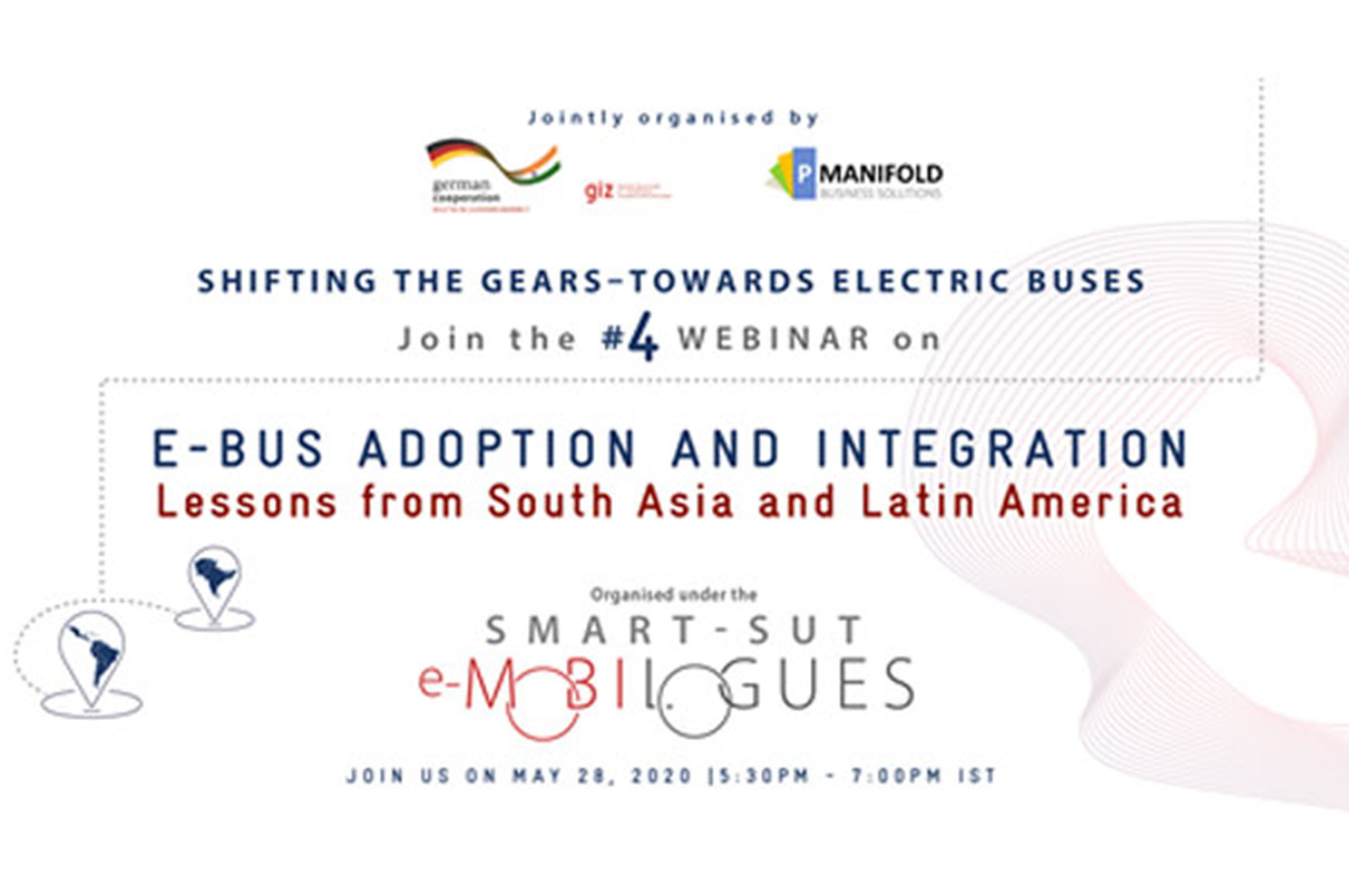Governments have been obliged to transition to green transportation as a result of ongoing concerns about global warming and rising CO2 emissions, which has fuelled demand for electric vehicles (EVs). Since e-Bus are more efficient and cost less to operate…
Globally, countries are attempting e-Bus adoption through pilots and some of the countries have already achieved scale in e-Bus operations. Today, the cost of an e-bus is three to four times higher than their ICE counterpart. Additionally, the local supply…
The electric vehicles (EV) market is growing rapidly all over the world. In India, the EV market has gained significant momentum at the present time. Approximately 2% of total 2-wheeler sales 2021-22 were electric. A whopping 46% of 3-wheeler sold…
The global market for truck-based freight transportis estimated to grow by greater than 4% from current 4.2 Trillion USD to 5.5 Trillion USD by 2030. It is expected there will be 4 million trucks by 2030. Trucks account for 18%…
Most ship/boat fleets today emit high toxic gases and particulates equivalent to multi-million cars. Due to the need to reduce local pollution of NOx, SOx and particulate matter, many vessel operators have mainly turned to low-sulphur fuels such as methanol…
Electric Vehicles (EVs), the future of mobility, is generally considered only an urban phenomenon. A number of factors have led to this interpretation like higher upfront costs of EVs, lower financing credibility of the rural region, lack of required strong…
Global vehicle sales projections – going from the most pessimistic to most optimistic estimates – indicate between 50 to 150 million EVs will be sold by 2030. Within next 10 years, EVs expected to outsell gasoline vehicles in most markets.…
India’s national EV policy FAME II scheme was launched in Apr 2019 with a target to support over 1.5 million EVs through a financial incentive package of INR 10,000 Crores. Till Feb 2020, the scheme supported 14,160 EVs with incentive…
Two forces are acting globally to increase e-Buses penetration for environmental and economic benefits they offer 1) New cities making efforts to drive first pilot deployments and 2) Cities with existing e-Buses are working to improve integration and operational efficiency…
India has seen some 600+ e-Buses pilot deployment in last 2 years with another 5,000+ expected in next 2-3 years. These first deployments in many of the STUs are helping establish some performance benchmarks to evaluate e-Buses further scale-up. The…



